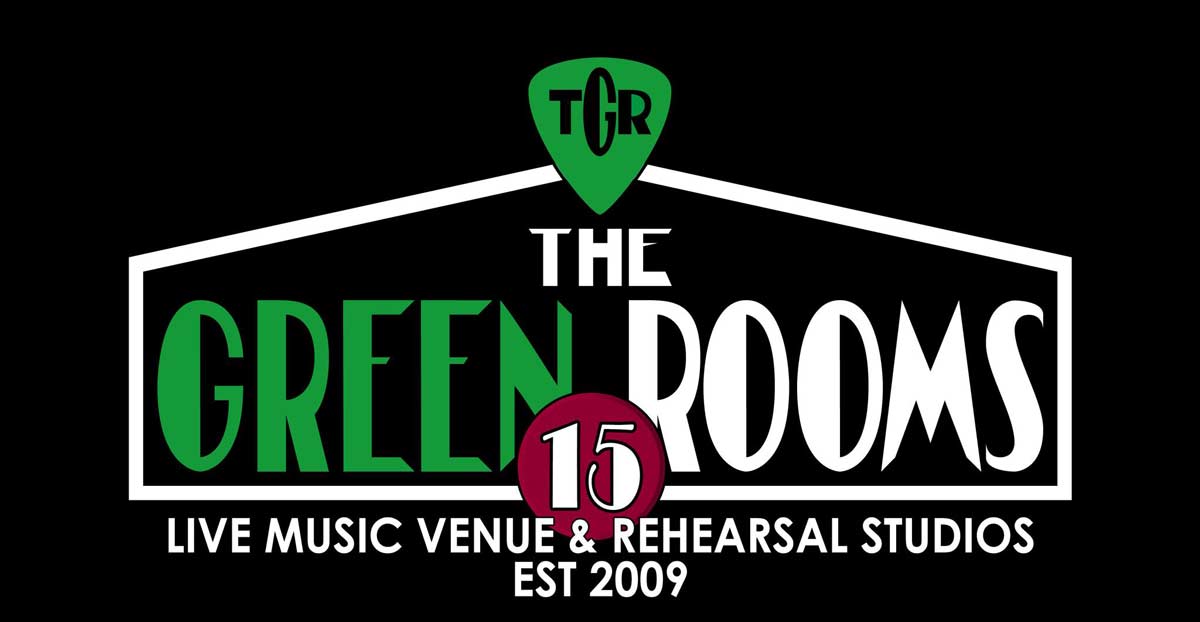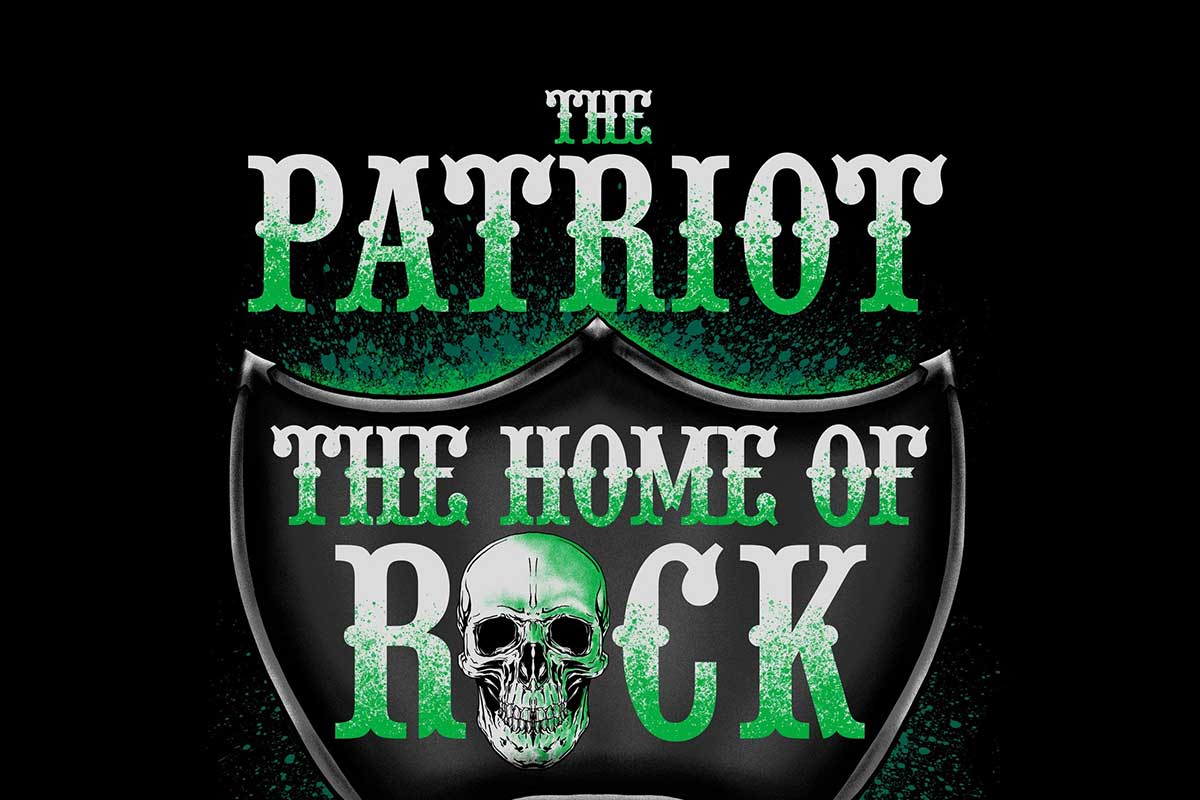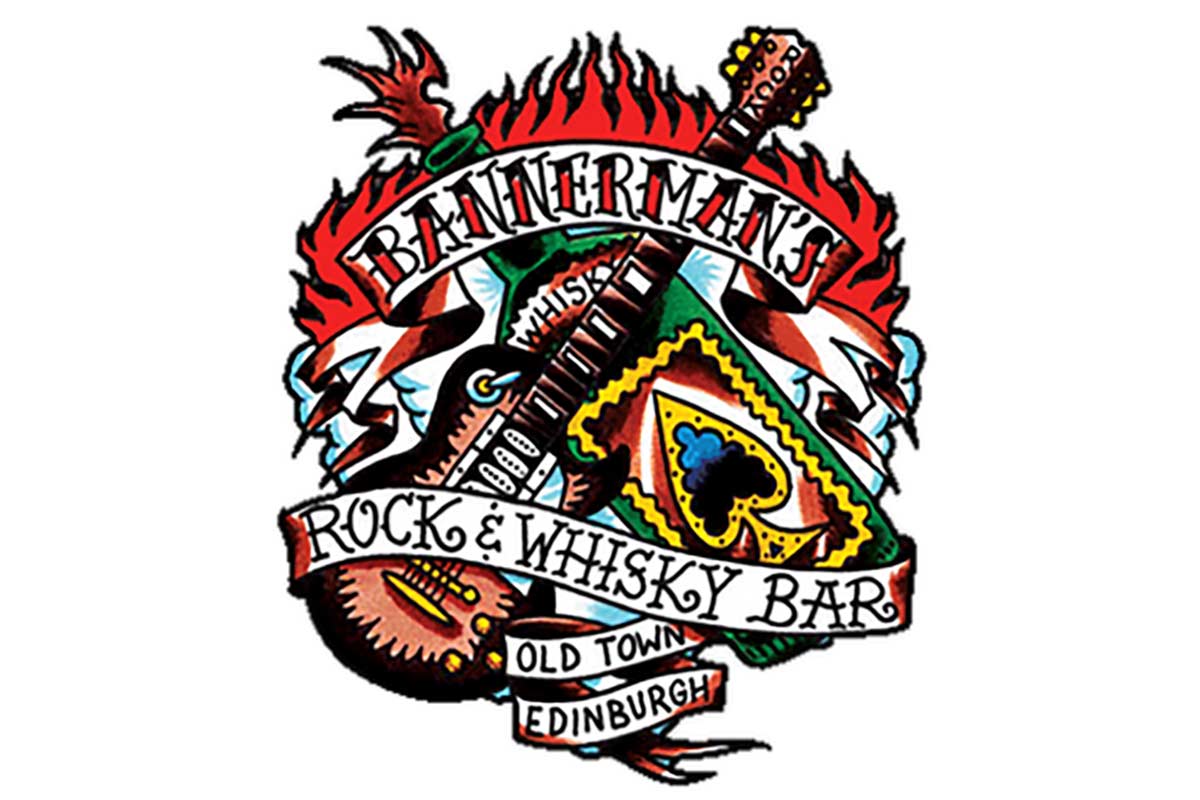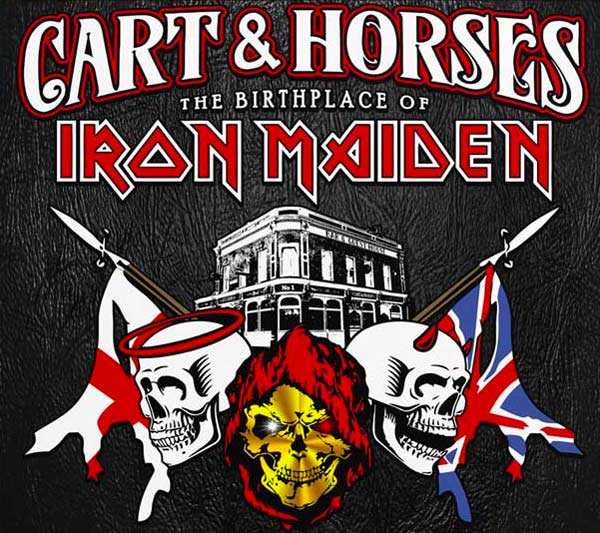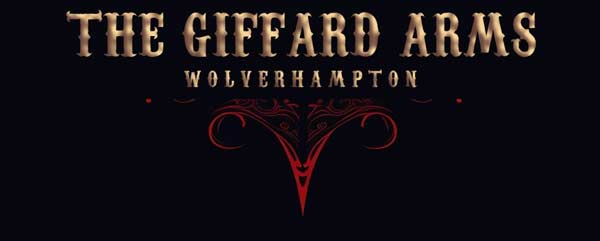AN INTERVIEW WITH JAKE BOWEN, GUITARIST OF PERIPHERY.
Words and interview: Dany Jones, Pictures: Aggie Anthimidou.
Hello Jake and thank you for meeting with MetalTalk. Last day of the tour – how are you feeling?
JB: Tired, but ready to play tonight.
Mark had to leave mid tour due to a family emergency, How did that affect your performance and how did you compensate for the lack of one guitarist?
JB: We are all pretty tech savvy. We record the shows every night and we have a multitrack recording of everybody’s performances. We have taken the isolated performance by Mark and put it through our show file that has the click track and the various other elements that are played by the band, and so now we have Mark out there in spirit. It’s the technology!
Obviously same goes for Nolly, who left back in 2017.
JB: Yes, in fact, I think that the last show he played with us was here.
Why did he leave the band?
JB: Well, he has a great career doing production and engineering, so I think he felt like he got more enjoyment out of doing that and he was recently married at the time, so he wanted to be home with his wife and working on his production career.
We are all very supportive of him. We are all friends. It is sad to see him go; I always thought that Nolly brought this sensibility to the band, which we lacked of because we are all really a bunch of kids. He is doing what he wants to do and we didn’t wanna make him feel like he couldn’t do that.
So, how do you compensate for the bass, will you be getting a bassist at any point?
JB: The topic comes up here and there, but they would have to be better than Nolly and that’s gonna be impossible, so, the position is open, but we are not looking to fill it.
I am a bassist and I could not agree more. His play-through of ‘Prayer Position’ is mind-blowing.
JB: Yeah, he kind of bridged the gap between playing the bass like a guitar player. When it comes to tone and technique, he will use fingers for one section, then he will use the pick for another and switch in between. He is a phenomenal and accomplished guitar player, but he learnt how to be a bass player and he learnt how to incorporate it in Periphery, by giving it that unique sound. If there was someone to follow into his footsteps, he would have to be able to do that and also bring more to the table, so… we’ll be on backing tracks until whenever, you know. We are looking for a Unicorn at this point.
However, he is still very much involved in the recording process. He produced the last album, correct?
JB: Yeah, exactly.
It is quite peculiar with you guys; you all seem to have a side project with one or two members of the band. How did that come about?
JB: For me and Misha, we have a side project called Four Seconds Ago’ and it’s kind of electronic music but with our own take on it. We are not electronic musicians at heart, you know, we are Metal musicians and we try and treat it as we know what we are doing, but we really don’t. If you listen to our mixes and that music, it’s way different sonically than most electronic artists, so it is just the case of having your take on it. The reason we work well together is because within Periphery it’s effortless to write stuff together, so we were like ‘oh, what if we try this other style?’, a style that we both love and that is why we started working together.
Also, Misha and Mark have a side project called Haunted Shores. This has an interesting history because before Mark was in P, he was in HS and then his band members all went on to do different things, so Mark was left at the core of it. Because we played shows with HS, we knew the band and, when they disbanded and the time was right, Mark approached Misha to produce some stuff, so they started working together. Eventually Misha told him that he should just join P since the material was starting to sound more and more suitable.
Then Spencer has a bunch of different side projects, Mother Ship and Nik Mastery, which are very different. One is more cinematic style while the other one is kinda NIN style.
Matt has a bunch of other businesses, including a drums software business called GetGood Drums in collaboration with Nolly.
Sounds like you all keep well busy.
JB: Indeed and we all like working with each other, so it’s an interesting relationship.
Periphery have been defined as the pioneers of Djent as a genre. How do you feel about that?
JB: It was never intentional. I mean, I grew up listening to Metallica, Pantera, Megadeth, Alice In Chains, Type O Negative. See, all these bands are now considered to be older bands and that was the kind of music that I wanted to play; but because I was a lot younger when I was listening to this stuff, as newer styles started to evolve, I started to kind of bring that influence into a newer style. I think the other guys did too and Djent, or whatever you wanna call it, was kind of born out of the desire to play music that was heavy and in your face, but that it also had a lot of the melodic quality; different influences colliding together.
It was never intentional as in I don’t think that we set out to ever make it sound the way that it does; just so happens to be that way because of the technology that is available now, that it is influencing us now but also that it influenced us when we were younger.
It’s kinda weird how that works as I never expected to be in a band like this. I expected to play like thrash Metal and that’s it.
You guys all use down-tunings, seven string guitars, and you each are endorsed and have a signature guitar with different brands; Misha with Jackson, Mark with PRS and you with Ibanez, with your signature JBM. Tell us about that.
JB: I have always been an Ibanez guy. I didn’t have much insight about guitars at the time; I just thought that’s how guitars work. But then, as I got older and tried different guitars, I always found myself going back to the Ibanez. I don’t know if that is because I started out on it, you know, what you get used to as a kid, but I kept gravitating toward Ibanez.
In the earlier days of P, I have played other stuff and I think that Mark and Misha also have experimented with other ones, yet kept going back to those brands and were the most excited about them. However, it was never intentional, but it is also beneficial. Imagine, if we all worked with the same brand, there would be that issue like Misha is getting more attention or Mark is or whatever, so it is kinda beneficial that we went our separate ways with that, so, that way, we are not bumping into each other.
Sounds like you have a good balance and also with your own signature sounds?
JB: You know, I always get an interesting question, which is: ‘why should I buy your signature guitar and not Misha’s or Mark’s? and we all have the same answer, which is ‘buy the one you like the best, because they are all amazing’.
And we also used to do this thing… we haven’t played this song in a while, but we used to all switch guitars on this particular song, so I would play Mark’s and Misha would play mine and Mark would play Misha’s, just to kind of showing to people that they are all good guitars.
There is a quote about you, that you have had implanted crystals at the back of your cerebral cortex in order to master your legato.
JB: [laughs] Yes, that is correct, I am a robot.
I think that’s funny. People only see the finished product, once that’s chiselled and ready, but, when I am working on it, it takes a while before it actually sounds good.
You have an incredible singer. Spencer has a fantastic technique, with great versatility and a big range; you guys are equally extremely skilful and technical. Do you have a specific routine that you follow and do you have any tips for our fellow aspiring or practicing musician readers?
JB: Well, thank you. If you are at the level where you are on the road, touring with your band, I think that knowing the songs inside out is the thing that I focus on the most. When I am at home and I know that there is a tour coming up, I usually give myself plenty of time when I start a routine. I wake up, make my coffee, check my email, then I take my coffee in the other room and I play the songs. I play either the whole set or I’ll play a song I am having trouble with over and over again. I make sure that there is not one section of that song that I don’t know and I do that every day. A couple of hours every day, at the same time and I am very rigid.
Some people play all day long, other people record themselves and only play for twenty-five minutes. For me, what works it is creating that routine and sticking to it, so, usually, by the time the tour comes around, I am ready to go.
I wanted to briefly talk about the new album, ‘Hail Stan’, the sixth studio album to date.
JB: Is it? Oh well, I am gonna take your word for it [going through all the albums out loud]. Yeah, wow, the sixth!
You departed from your record label, Sumerian. Did that affect your writing in terms of creative freedom? Also, Spencer quoted in an interview with Loud TV that this was your darkest album to date.
JB: No, Sumerian has never had any creative input on the records; they had no authority to dictate that kind of stuff, so it has never been a problem and it never really affected the outcome of the record. They have offered suggestions, especially for radio cuts and stuff, but most of the time we would not take them as we felt they weren’t right.
Since we were friendly with them, we would listen to suggestions, but that is it. But, the thing that has changed is that, when you are working with another record label, there is an expectation that you deliver music in a reasonable amount of time if you are recording an album. Usually, with our past records out on Sumerian, we would work on the demos and the writing process for a couple of weeks, then we record the whole album in maybe a month and that’s pretty much all the time we got as we didn’t want to hold up their process. Now that we have our own record label, 3DOT Recordings, we know that we don’t have to worry about handing anything in and we can take as much time as we need. The reason we did that, is because we always felt that we were a little rushed.
We took a full year with the latest one and we felt that now we had enough time to sit with the songs, make sure they had the arrangements and the textures we felt they needed and that they were given the time that they deserved.
We need to wrap up, so I will ask the last question. ‘Reptile’, the opener to the album, a near fifteen minutes song. Was it planned that way?
No, not at all. Mark came to the studio with a couple of riffs that ended up in that song. They had these interesting tunings: G, G, C, F, A, D, with that bottom G way down-tuned. Then we would just throw another section and then another one and so on, then thought ‘we really need to wrap this up now’ and that’s why the song was so long. We just couldn’t stop writing more parts to it; sometimes it happens.
I just really want to thank you for your time and I am really looking forward to catching the show. What’s next?
JB: US tour in 2020 for now.
Great, I wish you all the best with it and also, to Mark that everything is sorted swiftly and he can come back to the stage.
Since this interview was conducted, Periphery have been announced in the line-up for Download UK 2020.


